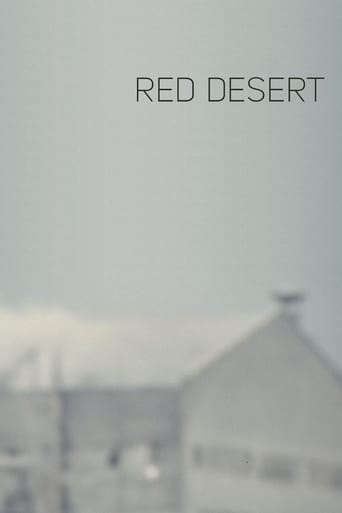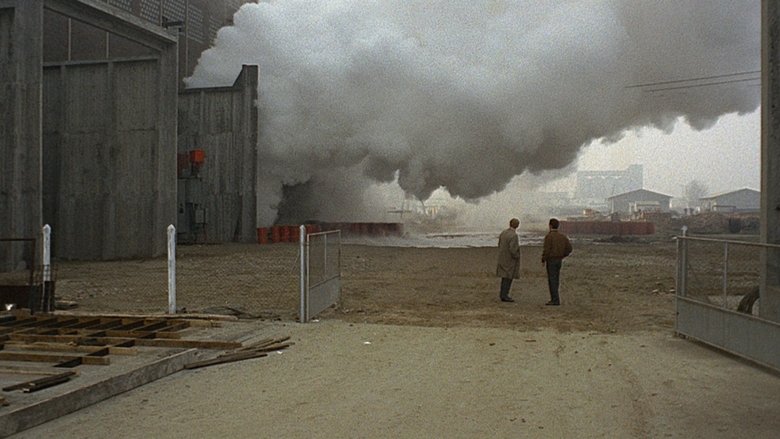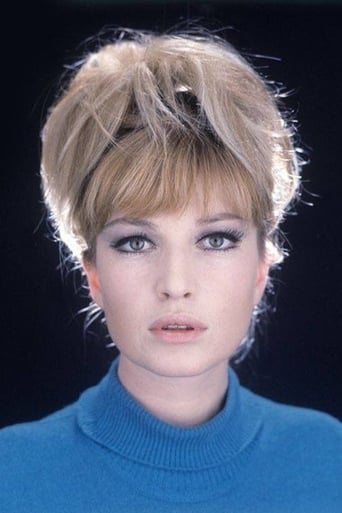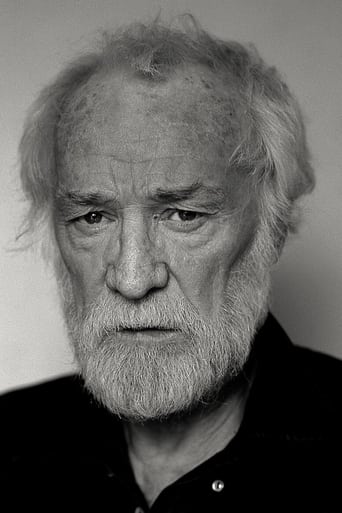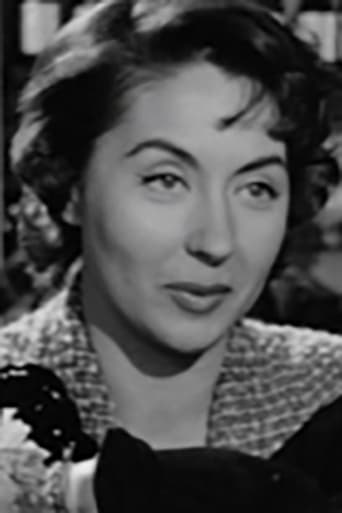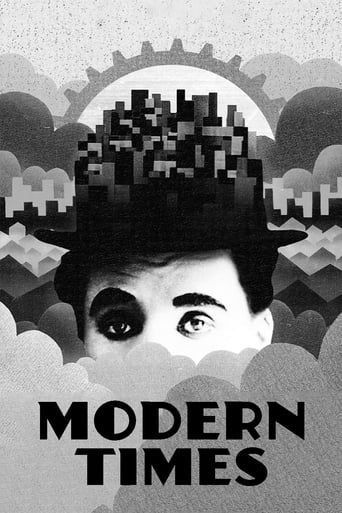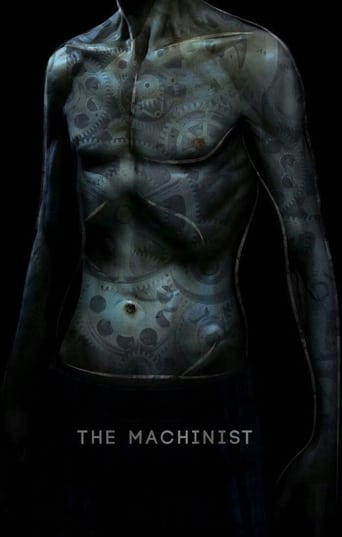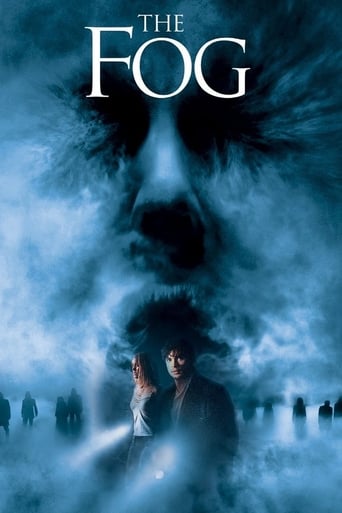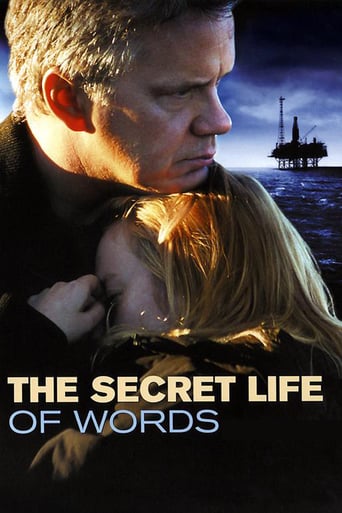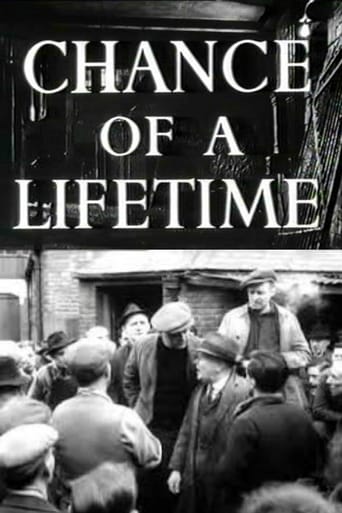Red Desert (1964)
In an industrializing Italian town, a married woman, rendered mentally unstable after a traffic accident, drifts into an affair with a friend of her husband.
Watch Trailer
Free Trial Channels
Cast


Similar titles
Reviews
the audience applauded
It's hard to see any effort in the film. There's no comedy to speak of, no real drama and, worst of all.
I cannot think of one single thing that I would change about this film. The acting is incomparable, the directing deft, and the writing poignantly brilliant.
Amazing worth wacthing. So good. Biased but well made with many good points.
Yup, it's another Antonioni. Should have learned my lesson after Zabriskie Point but I guess I keep expecting a color-filled Blow Up. I'd go to 3-4 stars for this film with just Monica Vitti walking around jarring industrial landscapes. Carlo Di Palma does a great job filming, but only when outdoors, and more than about 4 feet away. Closeups and small interiors feel TV like, and horribly stifled. Several times I felt we were half a step from a telenovela. But mostly, I didn't even care what they said. The story is lacking, or stupid, or poorly done, or pointless. I don't care about anyone in the film, at all. I so don't care about the story I find it hard to evaluate it. Oh, and Richard Harris is a native of Trieste? Why? What is this silliness? Not a thing he did from talking about how out of place he is in the world to kicking straw in the yard felt remotely real.
The main theme explored in works of a cinema master, Antonioni, and this one is no exception. I watched it 2 years ago. It was my first Antonioni, and didn't really liked it back then so I will not recommend it for entering into the artist work. But maybe it's just me. For entering I will recommend something like Zabriskie Point (my favorite from him) or The Passenger (my second).This is a film about woman (Monica Vitti), a very sensitive one, and beautiful too, living in her world, a very ugly and toxic, a distanced one, filmed with masterful directing and cinematography. It was a director's first colour movie and colours are beautifully placed in this harshly grey environment, especially red. Monica Vitti, Antonioni's muse, was great in this film. She is my favourite actress, except maybe Irène Jacob, or maybe Juliette Binoche, or maybe... Well I don't know any Antonioni's movie with her in which she wasn't, at least, great.Don't get fooled because of my rating. I am very strict, very. This is one of Antonioni's best films for me and I will definitely watch it again in years to come.And please, be nicer to the environment.
There is a place in modern civilization that I find more horrible than any nightmare mankind has ever created before, except maybe the holocaust. It's exactly those soulless, faceless industrial compounds that dump toxic waste into the ground and poisonous fumes into the air. Whenever I see them in real life, my heart sinks. It's the ugly backbone of human progress, I guess.Il deserto rosso is a very thoroughly replica of this nightmare. The film makes us look at it for two hours from all imaginable angles. To make the disheartening effect even stronger, it shows us a group of people who seem to have adapted to live in such an environment, or maybe were oblivious of it from the beginning. It's actually very simple to survive in a dehumanized place: you just have to dehumanize yourself. If you don't, you might end up like Guliana.She's the main character, played by Monica Vitti, and seems to be the only one affected by her surroundings. She almost cannot deal with it. Her symptoms of anxiety and depression seem to stem from an accident she had earlier, while it is unclear whether the accident was the cause or the effect of her despair. She feels attraction for a drifting coworker of her husband, because they both dream of escape. An escape that only seems possible in her imagination, as depicted in the one sequence of the film that is not utterly hopeless: the young girl on the beach.I find this film really hard to rate. The cinematography is superior. I still see Guliana's green coat against the background of the grayish industrial plant and the dark vegetation. It's also totally depressing. It points a finger at the chimera we have created, but does just that, in highly composed imagery. Some viewers can abstract these things in their brains and therefore be detached, some might find that complying with an empty existence equals hope". For me, it was a bit too close for comfort.
Antonioni's Red Desert asks us to consider the accommodations and adaptations of the newly successful Italian upper middle class to the changing social, economic and environmental conditions of post-World War II industrialization. More particularly, this important film focuses on the insecurities and honest fears of the middle-aged Giuliana, absorbingly portrayed by Monica Vitti, as she struggles with her own imbalances in the face of a rather sterile marital relationship, shifting social mores and a disturbing and perhaps unhealthy industrial landscape. But the emotionally detached and borderline amoral actions of the supporting players, limited in scope by Antonioni's and Tonino Guerra's script, are also significant to the theme. It is a film that asks how we examine, perceive and choose to act in the world around us each and every day as technology and economic "progress" inexorably make life more complex and disruptive, even as the opportunities for material experiences and goods - for good or ill - increase. Giuliana's mental instability predates the start of the film. A car accident of uncertain causation and her recovery - or lack thereof - in the ensuing hospital stay is unveiled early in the film for context. But Giuliana is clearly not well. She is rightly fearful of the daunting (but geometrically interesting and colorful) industrial structures and the horrifying waste contaminants that are despoiling the land, water and air near the home she shares with industrial manager husband Ugo (Carlo Chionetti) and son Valerio. Ugo, while concerned, appears resolved to maintaining a sort of status quo disequilibrium that he thinks may be manageable. Meanwhile, an industrial entrepreneur, Corrado Zeller (a well-dubbed Richard Harris), acquainted with Ugo, enters the scene, wanting to hire labor for a venture in Patagonia that he is pursuing with half- hearted intensity. He soon begins to shadow Giuliana - and she him - in plain sight during Ugo's workday. These scenes tend to drag a bit as Corrado's undisguised but not physically aggressive pursuit of her reveals a man of surprisingly low self-esteem and an admitted lack of understanding of life. Meanwhile, his interest in her does not assuage her desire for more security and self-awareness in a world she cannot seem to grasp. As their attentions to one another increase - but only slightly, through most of the film - Giuliana's emotional comfort does not progress apace. In fact, the scenes become more dominated by fog and the clouded movement of large, nondescript ships as her connection to a coherent universe continues to slip away. Her confusion is only increased by this strangely kind and attractive figure who, while appearing to empathize with some of her fears, ultimately offers no true solution to her discomfort. In fact, we are left believing that Corrado's actions were more facade than truth, and Antonioni subtly suggests that Giuliana's realization of that fact leads her to a more honest and healthy vision of the odd world she inhabits. One might conclude that she has struggled, and come to an adaptation that might work for her. We are left hopeful.The minor characters in the film, and for purposes of this argument I would include Corrado and Ugo, despite moments of seeming sincerity, are depicted as shallow and accommodative. They are not adapting to the contradictions of modernity, but rather letting their moral principles weaken in the face of the acceptability of money as a standard of righteousness. Antonioni illustrates this through a brilliant scene in a waterfront party shack that is owned by one of Ugo's associates. The flimsy walls are painted in bright colors in this tiny hovel, a metaphor for the shallow excitement and weak moral base that substitutes for honest human companionship in what appears to be a tentatively-engaged bourgeois partner share. Giuliana at least realizes that adaptation to this rapidly changing, increasingly complex and difficultly realized world demands soul-searching and discomforting effort. The others have merely acquiesced to a life devoid of meaning.Antonioni is saying that scientific, technological and most significantly material economic progress, while attractive in some ways - and allegorically represented by the cinematography of Carlo Di Palma, which brilliantly pervades this film - will inexorably present challenges to the human desire to find honest and caring companionship when relationships and a sense of place are fluid., It will push us to come to grips with and ameliorate the destructive aspects of that material progress. A rise in mental instability and addictive or morally suspect behavior may well be a nasty companion to these pressures and challenges. This film, made in 1964, presents a view of modern life that still resonates. View it more than once, and gain more appreciation on each occasion for the power of film to inform our lives.

